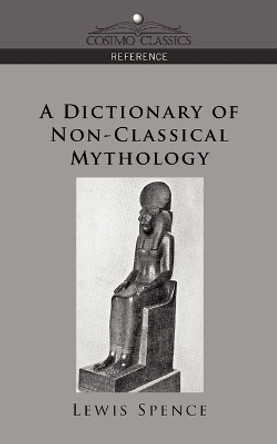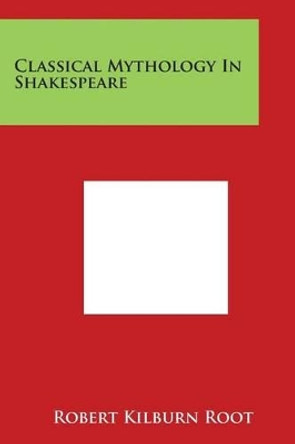Why does Bassanio compare himself to Jason? What is Hecuba to Hamlet? Is the mechanicals' staging of the Pyramus and Thisbe story funny or sad? This dictionary elucidates Shakespeare's use of mythological references in an early modern context, while bringing them to life for today's audiences and readers, at a time of renewed critical interest in the reception of the classics and fascination with classical mythology in popular culture. It is also a precious tool for practitioners who may not always know quite what to make of mythological references. Mythological figures, creatures, places and stories crowd Shakespeare's plays and poems, featuring as allusions, poetic analogies, inset shows, scene settings and characters or plots in their own right. Most of these references were familiar to Shakespeare's spectators and readers, who knew them from the writings of Ovid, Virgil and other classical authors, or indirectly through translations, commentaries, ballads and iconography. This dictionary illustrates how, far from being isolated, a mythological reference may resonate with the poetics of the text and its structure, cast light on characters and contexts, and may therefore be worth exploring onstage in a variety of ways. The 200 headings correspond to words and names actually used by Shakespeare: individual figures (Dido, Venus, Hercules), categories (Amazons, Centaurs, nymphs, satyrs), places (Colchos, Troy). Medium and longer entries also cover early modern usage and critical analysis in a cross-disciplinary approach that includes reception, textual, performance, gender and political studies.
An indispensable guide to the figures, places and stories of classical mythology in Shakespeare's works, with entries covering early modern usage and critical analysis in a cross-disciplinary approach that includes reception, textual, performance, gender and political studies.About the AuthorKatherine Heavey was a lecturer in early modern literature at the University of Glasgow, UK, where her research interests lay in early modern translation, reception and adaptation of classical myth. Her publications include
The Early Modern Medea: Medea in English Literature 1558-1688 (2015).
Janice Valls-Russell is a retired Principal research associate of France's National Centre for Scientific Research (CNRS) and a member of the Institute for Research on the Renaissance, the Neo-Classical Era and the Enlightenment (IRCL), a joint research unit of CNRS and University Paul Valery, Montpellier, France. Her research interests lie in the early modern reception of the classics, and classical mythology, and 20th- and 21st-century adaptations of Shakespeare and his contemporaries. The author of several articles, she co-edited
Interweaving Myths in Shakespeare and his Contemporaries (2017),
Thomas Heywood and the Classical Tradition (2022) and
Shakespeare's Others in 21st-Century European Performance: The Merchant of Venice
and Othello (The Arden Shakespeare, 2022).
Book InformationISBN 9781350125872
Author Janice Valls-RussellFormat Hardback
Page Count 496
Imprint The Arden ShakespearePublisher Bloomsbury Publishing PLC









